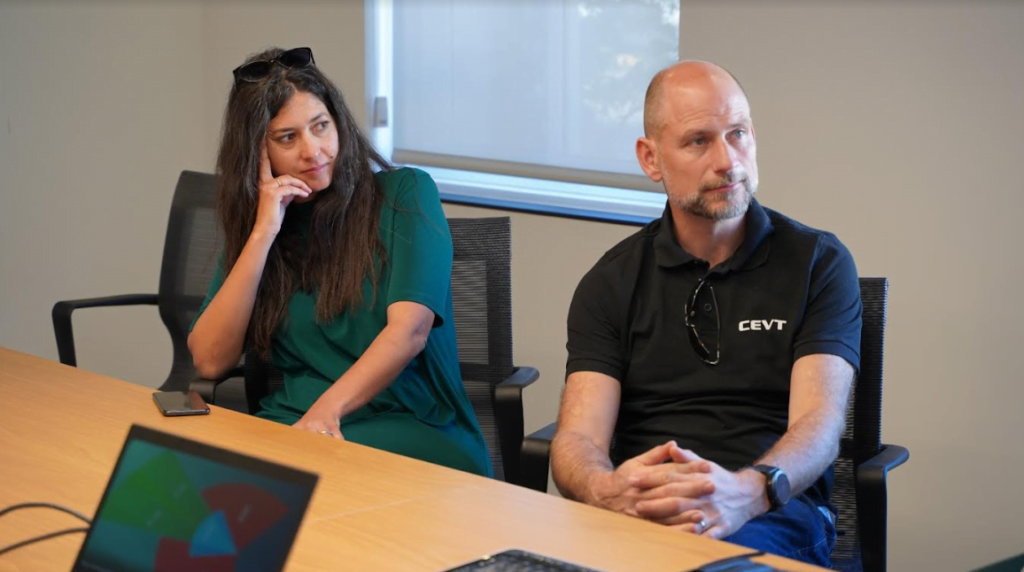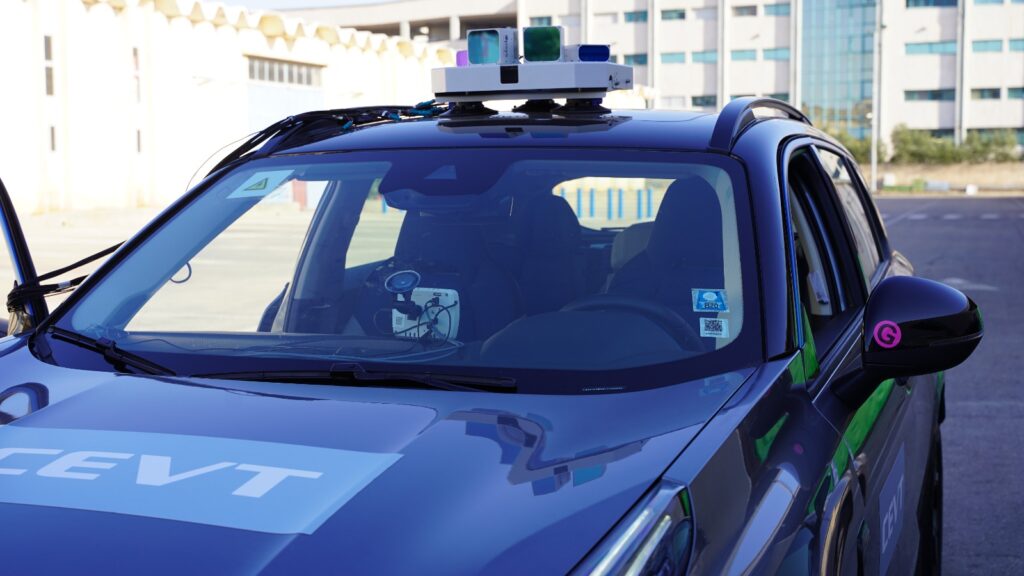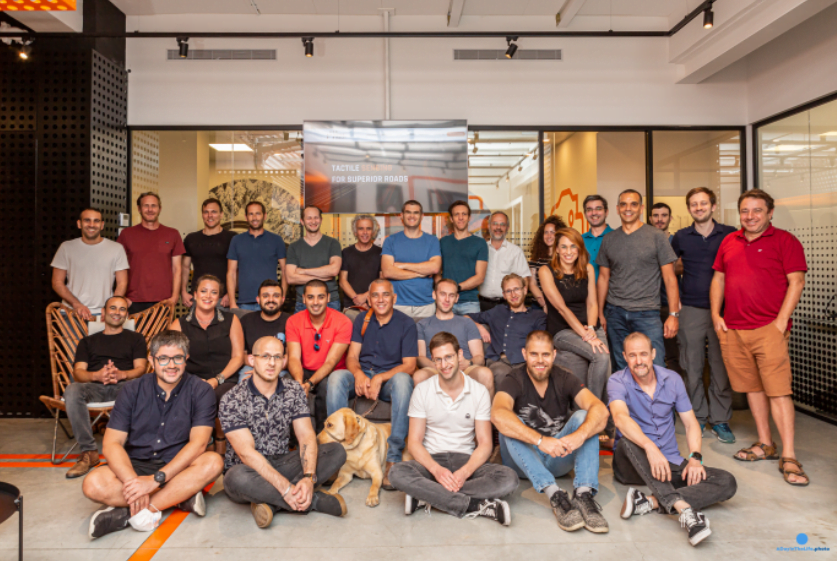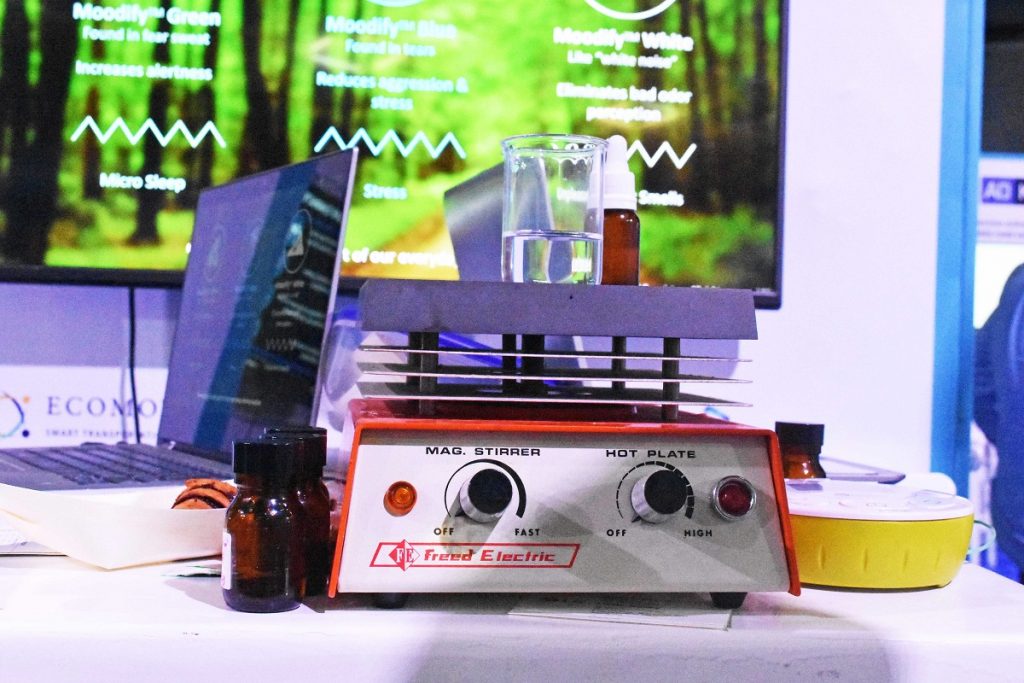There are currently no car manufacturing plants in Israel. But that hasn’t stopped the country from becoming one of the leading players in the global automotive industry. Over the past 10 years, as the digitization of mobility has disrupted the sector, Israel has developed transformative technology that has changed the capabilities of vehicles.
In 2008, about nine years before Intel’s acquisition of Mobileye, Israel’s largest exit ever at the time, General Motors opened a technical center in Herzilya to get a taste of what Israel was cooking up for the automotive world. A few years later, Israeli entrepreneurs Ehud Shabtai, Amir Shinar, and Uri Levine developed Waze, the community-driven GPS and navigational app that became a household name and in 2013, Google bought it up for a whopping $966 million. Then Mobileye was snapped up for a cool $15.3 billion and suddenly Tier 1 automakers from around the world — BMW, Ford, Continental, and more– were flocking to Israel to scout new Israeli auto tech, and the engineers and developers who created them. Many of these multinationals opened offices, innovation hubs, and R&D centers.
“Here comes this opportunity of Israel as the Start-Up Nation. And I could personally understand how [the sector] rose from 87 startups or tech companies back in 2012/13 — and how in a short four or five years, it has been built to what it is now, over 650 startups in auto tech. And a lot of investments. I think over $25 billion has been invested in auto tech,” says Lior Zeno, who personally witnessed the hype as part of the founding team of EcoMotion, a global community of smart mobility innovators who hold a massive, well-known conference every year for the field, attracting investors, entrepreneurs, startups, and dozens of attendees. The most recent conference was held this month.
CEVT (China Euro Vehicle Technology AB), the innovation arm of Chinese automaker Geely Holding Group, which owns a number of brands including Swedish carmakers Volvo and Polestar, creates solutions for all of the Geely brands (among them Lynk & Co and Lotus.) Representatives from CEVT had been regular attendees at EcoMotion since 2018 which is also the year they started working with local startups. Fully understanding the kind of quality auto tech companies in Israel had to offer, they decided to open their first innovation hub in Tel Aviv in 2020 and tapped Zeno to run the center. The hub opened in 2020 just before the COVID-19 pandemic hit.

CEVT’s innovation hub developed the Compact Modular Architecture (CMA), a global mid-size automobile platform jointly developed by Volvo and Geely in 2013 as well as various vehicles from the Geely group, including the Volvo XC40, the Polestar 2, a Lynk & Co vehicle fully developed at CEVT, and the Waymo vehicle that Geely is currently working on a co-development vehicle for US autonomous driving tech development firm Waymo.
“When we’re talking about innovation, it is, of course, to always think ahead. It’s not just the vehicles that you see today on the road. And it’s not the one that is being finalized now. It’s about the vehicles that will be in 10 or 20 years on the road and how to make that happen now,” Zeno tells NoCamels, “Innovation is about looking at the challenges in the market and imagining the future and starting to explore everything. And this is where the startup fits into the picture.

Zeno says that CEVT’s innovation process is carried out through a line organization structure where managers establish goals and directives that are then fulfilled by staff and other workers. It works well for them, especially when the manager at the top is excited about the process and is the right person for the job. “It’s a key element,” she says.
“If you want to get better chances to move forward, after the pilot, or POC (proof of concept) as we call it, it’s really important to get the right person from the line organization that will also become the project manager of this POC and do the innovation work. So he gives hours to innovation working on this project, while his day job is at the line organization,” she explains.
Sign up for our free weekly newsletter
SubscribeThe innovation hub opened just before the start of the COVID-pandemic and “we learned during those two years that a lot of things could be online,” says Zeno. A number of key managers and representatives from CEVT also come to visit the innovation hub in Israel often, with the most recent delegation here in the past few weeks for the EcoMotion conference. The company also tests vehicles in Sweden, with vehicles to test in Israel as well.
CEVT isn’t looking to invest in or acquire any startups, but rather see how they can help better a Geely product. Zeno has at least 20 Israeli mobility companies in her pipeline with tech that could work well for Geely products. Ten of those companies have advanced in the POC process with a few being close to fully realized. She chooses to highlight five of those companies because “some of them have more progress and I feel very confident talking about them.”

Tactile Mobility – Founded in 2012, Haifa-based company Tactile Mobility develops software and virtual sensors that uses built-in, non-visual sensors in smart and autonomous vehicles, which analyze input such as wheel speed, wheel angle, revolutions per minute, and gear position to help the car that is missing tactile sensing to “feel” and understand the roads better. The company’s last funding round was a Series C in October 2021 where it raised $27 million. Zeno says CEVT is working with the company’s engineers of motion control on current projects.
Ottopia – A Tel Aviv-based software company that offers the only mass-deployed remote assistance system. By closing the performance gap of autonomous vehicles — Ottopia facilitates the rapid expansion of autonomous fleets. The company has commercial customers ranging from robotaxis and trucks to buses and forklifts.

Moodify – One of the most unique companies to be working with CEVT, Moodify has developed a platform with leading researchers from the Weizmann Institute of Science that enables accurate control in the design of the scent. As Zeno describes it, Moodify has developed a scent that in a small quantity reaches your brain and eliminates bad odors. The company, founded in 2017 and based in Kfar Saba, has raised a total of $10.7 million. Moodify is working to mask the perception of foul smells in vehicles.
Apollo Power – Founded in 2014, Apollo Power’s mission is to harness solar energy in new ways. The company develops photovoltaic (PV) technology in the form of flexible solar panels. Zeno says the company has started to work with CEVT and an engineer on the energy side on an innovation project that explores how to create more energy for the vehicle.
Enervibe – Founded in 2018, Enervibe developing zero-emission kinetic energy harvesters that convert mechanical energy into electrical energy using different transducing mechanisms. The company has raised $3.4 million.
Related posts

Editors’ & Readers’ Choice: 10 Favorite NoCamels Articles

Forward Facing: What Does The Future Hold For Israeli High-Tech?

Impact Innovation: Israeli Startups That Could Shape Our Future




Facebook comments